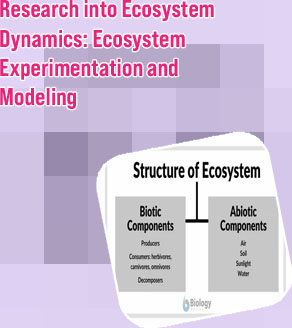
- Science fair decorations
- Stem science for preschoolers
- Autumn stem activities
- Science stem activities for kindergarten
- Science and engineering
- Science technology and engineering
- Computer science
- Science experiments ideas
- Earth science for stem
- Courses under stem
- Stem team building activities
- Easy stem projects
- Steam in higher education
- Master of science in stem education online
- What is a stem professional
- General chemistry definition
- Microsoft stem education
- Christmas stem activities
- Physics science fair projects
- Steam and education
- Outdoor stem activities
- Stem science
- Stem science projects
- Science and technology
- Mathematics in biological sciences
- Science and engineering fair projects
- Science fair projects
- Math and science academy
- Stem science activities for elementary
- Science fair volcano
- Stream science technology
- Science stem careers
- Science in daily life project
- What is stem field in science
- Science fair projects for 6th class
- Animal science project ideas
- Science fair projects for high schoolers
- Easy science fair projects
- Good science fair projects
- Stem related degree
- What goes on a science fair project board
- Stem education for preschoolers
- Skittles science fair project
- Highest paying stem majors
- Engineering activities for kindergarten
- Steam science projects
Ecosystem definition biology
Arthropods
Define ecosystem in environmental studies
Your ecosystem could even be the technologies you use daily. If you use a desktop with Windows 7, a mobile phone running Android, a tablet running iOS, and a laptop running Debian Mint, you would have mixed ecosystem (one that would probably be a specialized case, possibly a cross-platform developer). Organismal Ecology For all these to be possible, Earth’s ecosystems like forest ecosystems, grassland ecosystems, aquatic ecosystems or agroecosystems need to properly function. But the fact is that some ecosystem services are currently under threat.

9. What all include the non-living things in an ecosystem?
Define ecosystem in biology
*Always remember that matter is always recyled in an ecosystem and energy is always conserved in an ecosystem. Biodiversity is all the different kinds of life you’ll find in one area—the variety of animals, plants, fungi, and even microorganisms like bacteria that make up our natural world. Each of these species and organisms work together in ecosystems, like an intricate web, to maintain balance and support life. Biodiversity supports everything in nature that we need to survive: food, clean water, medicine, and shelter. MIT researchers have found that the number of species and the average interaction strength determine whether different ecosystems would be stable or chaotic, reports Gabriel Popkin for Science. The researchers “grew microbes together in plastic wells and increase and decrease the concentration of nutrients to manipulate how strongly the different species interacted with each other,” explains Popkin. “The more nutrients, the more the different species competed.”